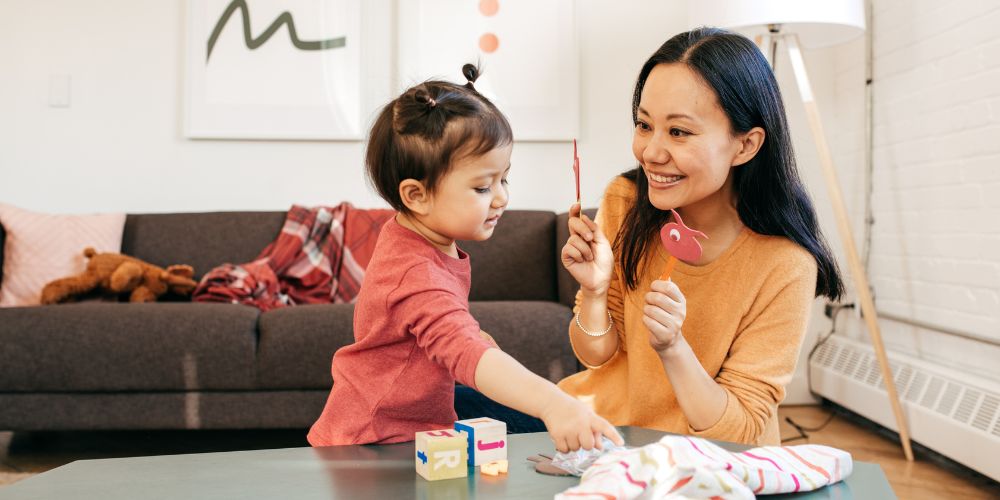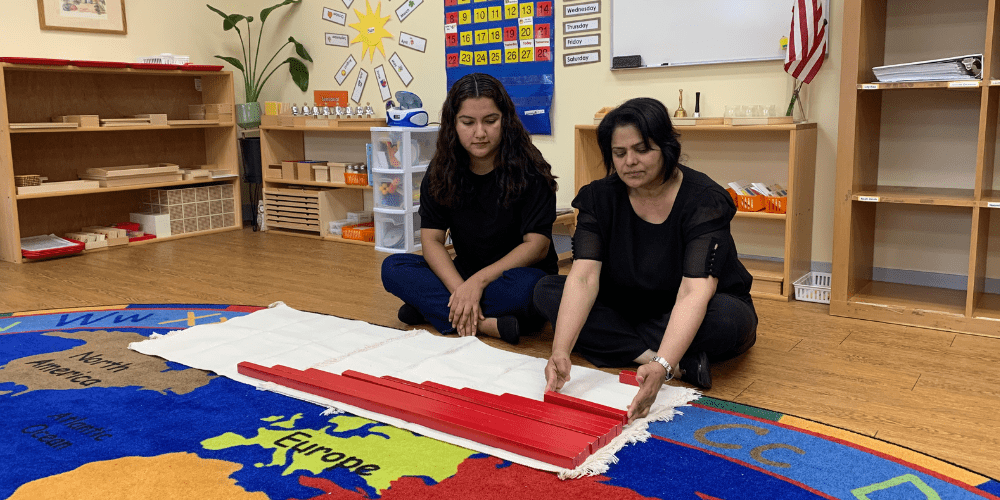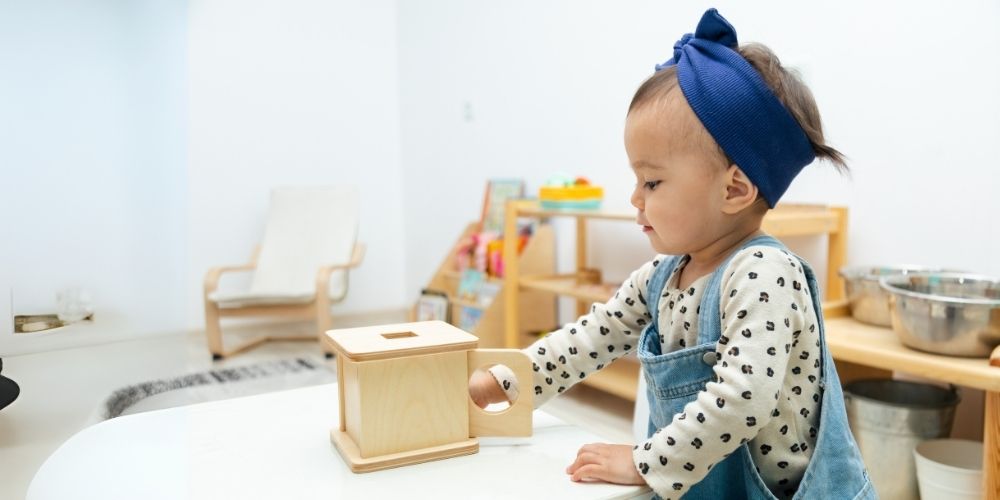Yoga has long been a popular practice among adults looking to improve their overall health and wellness. At CMMS, we recognize that the benefits of yoga also extend to children and their development. In addition to developing fine and gross motor skills, yoga has shown to aid in our preschool and elementary students’ growth by forging a connection between movement and memory and appealing to visual learners. Yoga’s emphasis on mindfulness can also guide a child’s emotional intelligence and self-regulation. Because of this, we have made yoga an integral part of our Enrichment Programs, which are incorporated into our students’ regular schedules, and our lesson plans to optimize our students’ academic, mental, and physical health.
Academic Growth
Research suggests that combining learning with movement can improve memory, language, and focus in young children. When visual or motor components are added to lessons, they can be processed more deeply than if they were delivered only verbally. In our classrooms, we take advantage of this research and use our students’ natural impulse to move their bodies to create lessons that will naturally take hold. For example, yoga can be used in an educational setting to help teach anatomy. The awareness of one’s body and the physical movements that are required to practice yoga teaches children to identify different parts of their body as they stretch. This same strategy is integrated in our Second Language Enrichment Program (Spanish) by teaching commonly used yoga terms, like “heart” and “sun.” We have also used the movement-memory correlation to teach letters and sounds, as exhibited in our CMMS ABC Yoga Series.
Mental Health
In the Montessori classroom, we understand the value of promoting emotional intelligence and self-regulation. The aforementioned body awareness practiced in yoga also extends to the mind, teaching students to recognize and identify their emotions through mindfulness. Our students are taught to use yoga stretches and breathing as a coping mechanism when they need to calm down or regulate what they’re feeling. While mindful breathing doesn’t solve all frustrations, it teaches students to thoughtfully, rather than impulsively, slow down and take a moment to process their emotions. Research also shows that along with improved focus, a yoga practice fosters self-esteem and reduces anxiety and stress in children.
One of our teacher’s favorite tools in conveying the emotional aspects of yoga is I Am Yoga, part of the I Am series by Susan Verde, a certified yoga instructor and mindfulness expert. This book series is centered around helping children find healthy ways to deal with big emotions and to recognize emotional reactions in the people around them. I Am Yoga in particular explores how to identify the signs that you need a break and how yoga can provide an outlet for self-expression. It also discusses the effect yoga has on our relationships with others, as it can improve our ability to listen quietly and practice compassion. Using this tool, along with the included kid-friendly pose guide, allows for children to more easily connect with and understand the importance of social-emotional health.
Physical Health
We love to include yoga as a part of our program that promotes both a healthy body and a healthy mind. Improving physical health and providing an outlet for energy is a direct benefit of yoga. This can include improving motor abilities, including balance and coordination. When practiced regularly, yoga has also shown to steadily increase strength and flexibility in school-age children. This strength also extends to whole body endurance and aerobic capacity as children learn to regulate their breath. Studies suggest that honing these skills can greatly alleviate the symptoms of young asthmatics. Maybe most surprisingly, there has been a link discovered between regular mind-body intervention in children and the effectiveness of their immune responses.
The practice of yoga in our classrooms allows for an active outlet for children of all ages and abilities. Its noncompetitive nature and the many modifications available for poses, provides accessibility to students with a wide range of ability. As Montessori education values and emphasizes diversity and inclusion, we feel the integration of yoga into our curriculum is essential to promoting the overall health and wellness of our students.
Yoga At Home
You can join us in experiencing these incredible benefits by establishing a regular yoga practice with your children beyond the classroom! Not only will it solidify the habits being formed at school, intentionally setting aside the time to quietly stretch and be peaceful together will deepen your family’s connection. You can even try gamifying your yoga practice with resources such as yoga activity books. Whether you roll out a mat at home or attend a child-friendly class together, doing yoga with your child will demonstrate that even as an adult, you also need to take the time to slow down and get in touch with yourself. After all, we know that the biggest tool we have in teaching children the importance of self-care is our personal example.
In addition to having dedicated time for yoga, families can also utilize the benefits of yoga intermittently throughout the day whenever you recognize that your child might be struggling with lack of focus, feeling frustrated, or experiencing physical discomfort. Taking a small moment to breath and practice a couple of poses might be all your child needs to recalibrate and take on the rest of their day.
To learn more about how yoga and our Enrichment Programs complement our Montessori curriculum, feel free to schedule a virtual or in person tour at the location of your choice!





